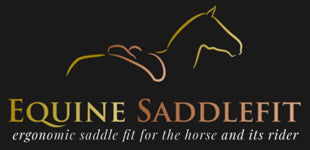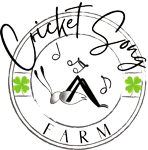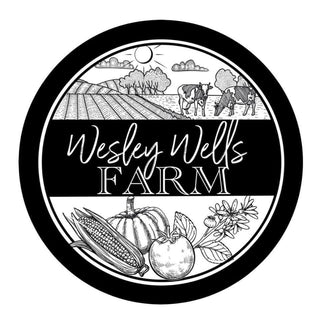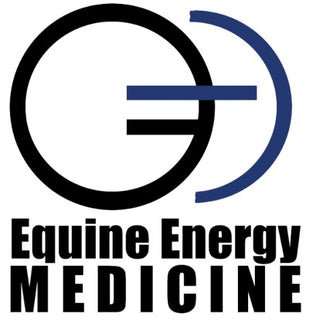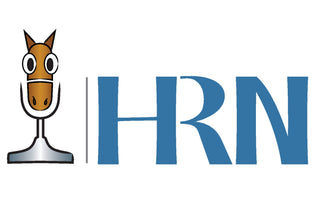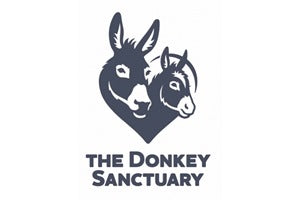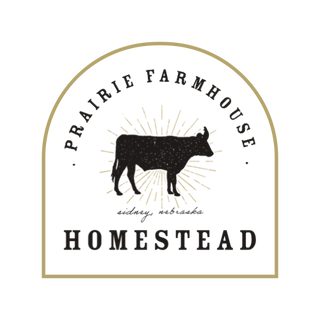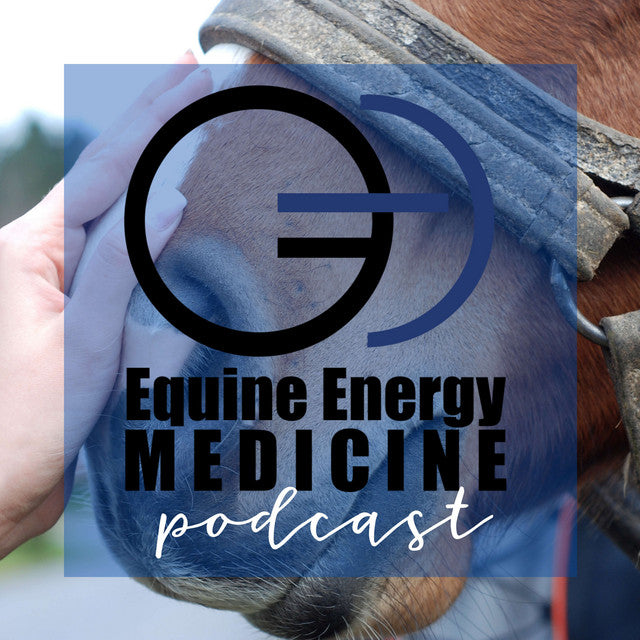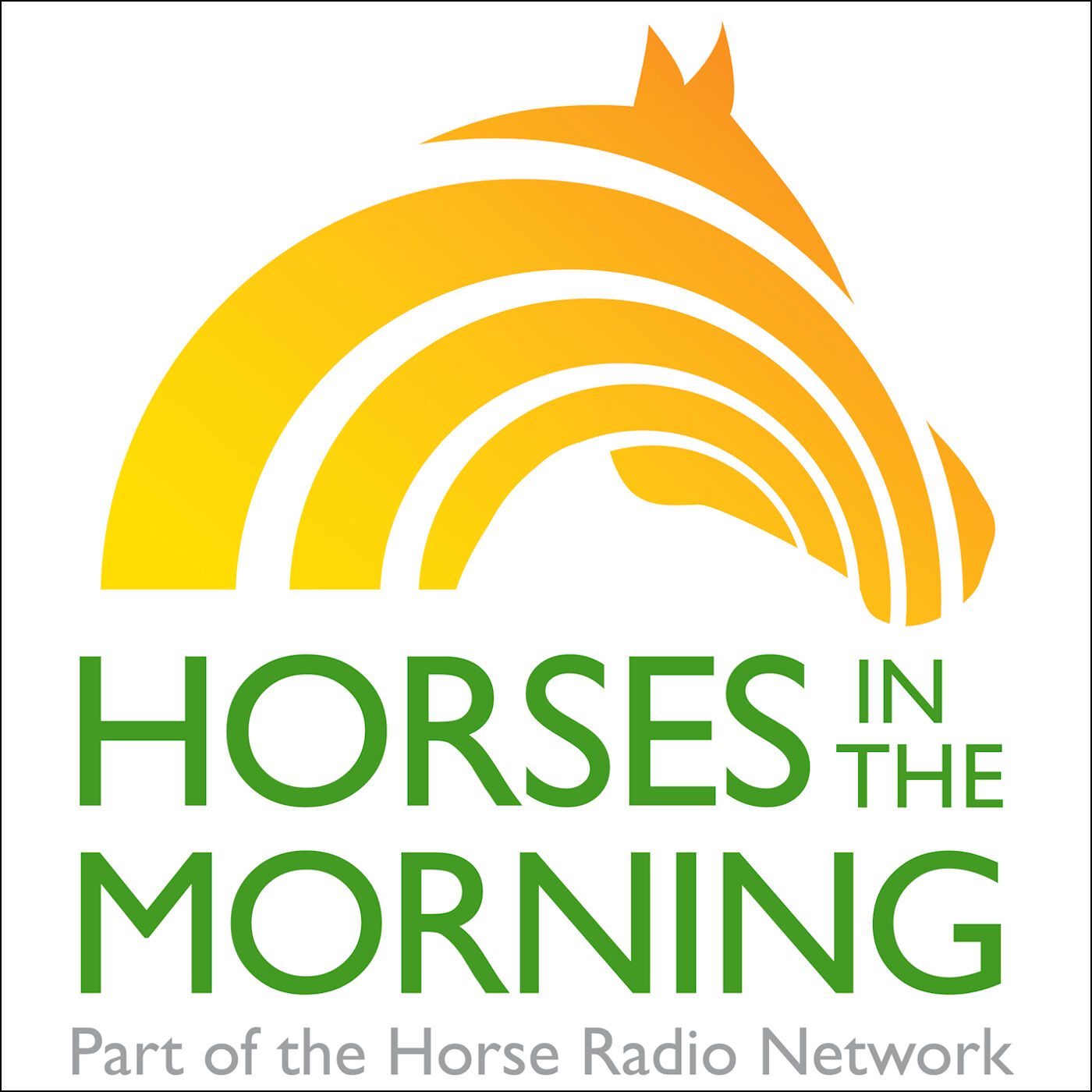Dental care for your horse is just as important as taking care of their physical health. Poor oral health can cause their physical health to decline. Without proper intervention and care, a horses weight and overall health can be affected by poor dental health.

Why Is It Important?
Caring for a horse's oral health is important for many reasons; one of the biggest reasons is that horses have a tendency to have bad teeth.
Keeping up with them over the course of their entire life can prevent severe dental and health issues in general; in the future.
An oral exam should be an essential part of an annual exam by a veterinarian, allowing them to perform routine preventative care.
Routine dental care is commonly called “floating”, floating means removing the sharp enamel points in your horses mouth.
When looking at your horse, you will notice that their top front teeth are closer together than their bottom teeth, this is because it’s in a horses nature to graze, and their teeth allow them to do this better.
Due to the horses teeth being shaped this way, they will chew in a side to side motion, it is important to have their teeth floated so the sharp points don’t cut and irritate the gums on the side of their mouth.

What Factor Does Age Play?
After your foal is born, it is important to have them examined within a few days. The vet will take a look at their teeth at this point. Although their teeth are baby teeth, they are born with a full mouth of teeth, unlike humans.
Having your vet look at their baby teeth allows the opportunity to correct any abnormalities from birth.
Yearlings have been found to have the sharpest teeth, and it’s quite common for them to cause considerable damage to their cheeks during this time.
A horse going into training between two and three years old needs a comprehensive dental examination; teeth should be floated, and any remaining caps should be removed that have not yet been shed.
Horses that are aged two to five years old may require more frequent visits from the vet for dental care; this is the time of their life when the most dental maturing happens.
Their baby teeth are generally softer than their adult teeth and may cause more sharp points, but their adult teeth are growing rapidly at this stage in their life.
This allows the vet to make sure that your horse is comfortable while also monitoring their adult teeth, and watching for any issues that could require intervention.
Mature horses should see a vet annually for an exam. During this exam, the vet will also check their teeth.
If your vet feels that once a year is sufficient for your horse, you may maintain that schedule until your horse is in their senior years.
If your vet finds things that they feel require intervention, they will work with you to set a personalized dental schedule for your horse.
Once in to their senior years, you may have to change the amount of times you see your vet per year for dental care. Your veterinarian will advise you on the best way to keep your horse happy and healthy.
For more informative equestrian blog posts, check out our blog.
To browse our inventory of paddock cleaning tools, click here.




